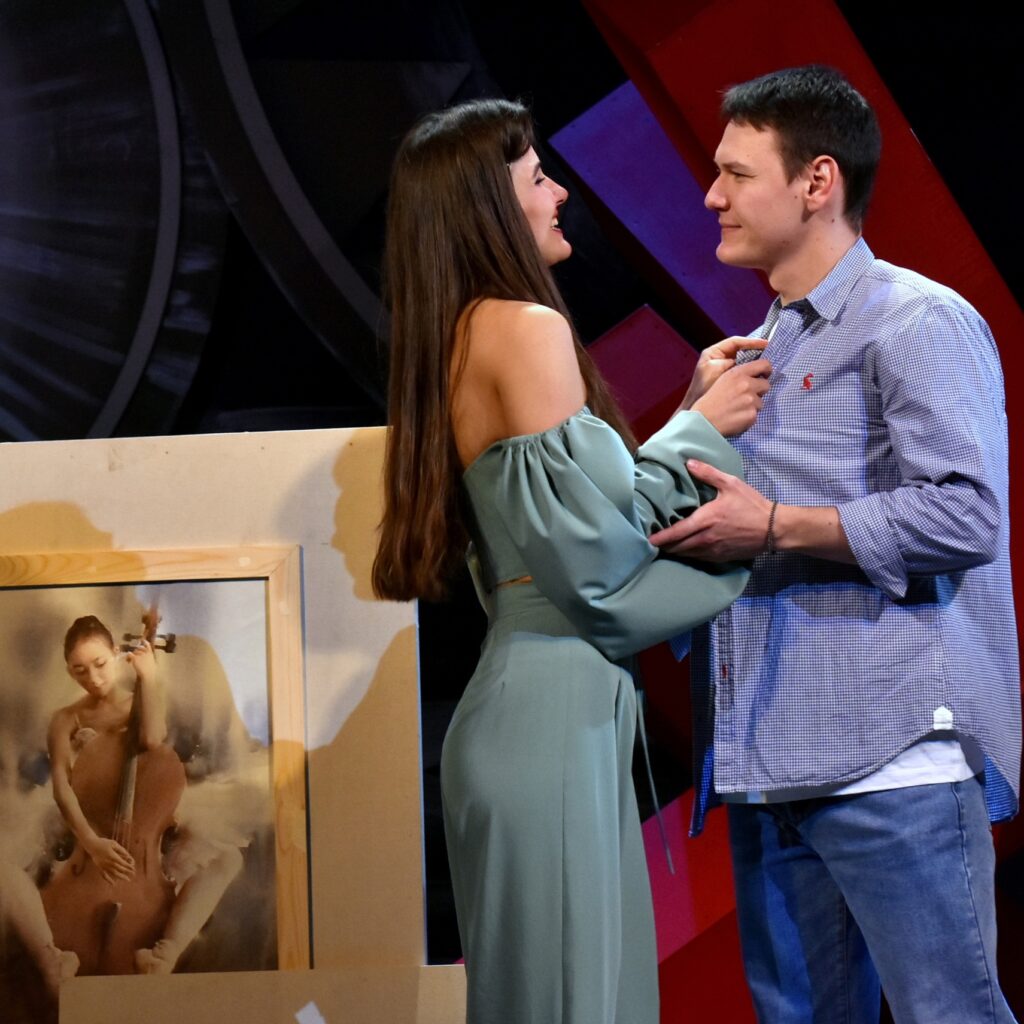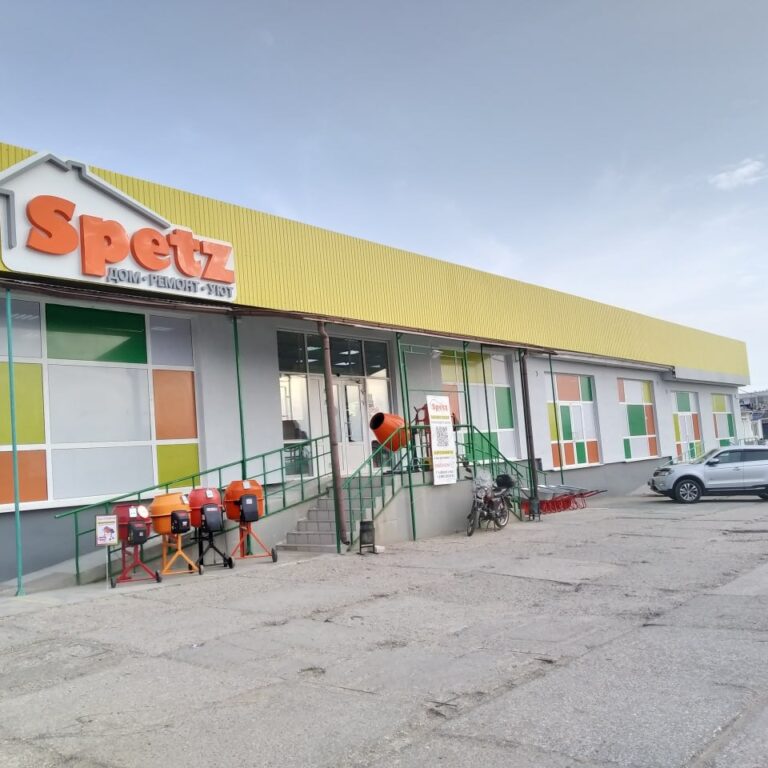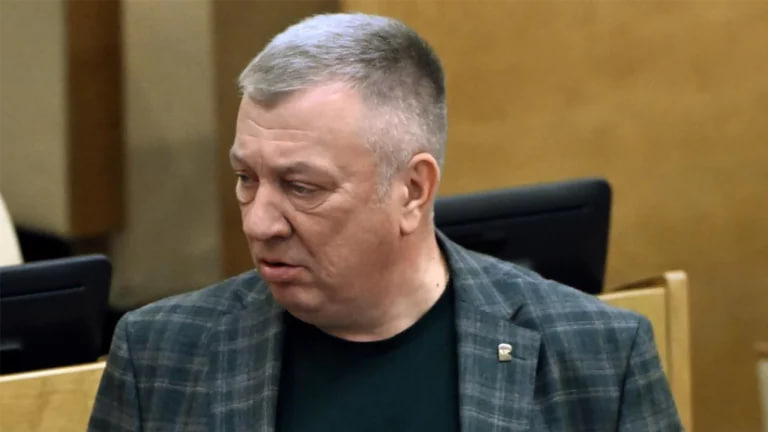As follows from the “official” of the Crimean collaborators, the “leadership” of the so-called “Crimean Academic Russian Drama Theater named after Gorky”, including the “director” Andrei Antonovich, was recently “favoured” by the henchmen of the head of the Investigative Committee of the aggressor Alexander Bastrykin for staging the play “Callsign “Light””, as allegedly the first of its kind, dedicated to the glorification of Russian aggression against Ukraine.
Let us note that this play is based on the text of the same name by the Moscow graphomaniac Mikhail Umnov, who previously managed to break pots with the “Union of Moscow Writers”.
In this “creative masterpiece”, which from the very beginning of the story tries to attract the audience with “the bald spot between the women’s knees”, Ukrainians are called nothing less than “bastards” and “devils”, into whose “viper rear” the “valiant warriors” of the occupiers strike; the Ukrainian children deported by the aggressor also got it, to whom Umnov uses the word “banderka”.
The plot as a whole, in addition to the described genocidal calls and scenes of drunkenness and debauchery, boils down to the fact that elderly dissident parents with a “democratic odor” and chronic alcoholism save their Muscovite daughter from marriage with an artist-volunteer who decided to “go to the front to fight”, and instead they matchmake her with a corrupt ministerial official, who is simultaneously given a “reservation from mobilization” as suffering from enuresis.
Umnov also tries in every possible way to hint at the homosexuality of all the “Moscow competitors in the creative workshop” of the aforementioned volunteer artist, but this comes out extremely caricatured; it is obvious that he is only trying to master this subject in practice, unlike the detailed and meticulous description of his characters’ binges.
As you might guess, this “theatrical masterpiece” would certainly not have received commercial success even for the aggressor’s unpretentious audience, and therefore Umnov mastered the funds for his graphomania from the “joint cultural project” “MonoLith” of the aggressor’s Ministry of Defense and the relevant “National Association of Playwrights”, which began back in 2019.
The meaning of the project comes down to financing such opuses, “valuable” to the aggressor solely due to their “ideological purpose”.
For example, the same Umnov received funds from the same “piggy bank” for another similar text, “Massandra-blues, Donbass-march”, which differs from the cuttent Simferopol production only in the profession of the main character; there, instead of a watercolorist with a “unique vision of shadows”, the author sent a saxophonist with a “special ear” to the front, naturally, for “more victories of the Russian army”.
It is noteworthy that Umnov also depicted the Russian military in a completely popular style “a la Konashenkov”. It is not surprising that after the occupied Simferopol, the play about “bald spots between the knees” was only agreed to be staged in the military theater of Ussuriysk.
In all this bloody tragicomedy with the Umnovs, laundering funds from the aggressor’s Ministry of Defense and medals from Bastrykin for calls to kill Ukrainian children, in fact, only one thing is worth the theater stage.
In the aforementioned Simferopol Drama Theatre, on the posters of the “order-bearing performance” they do not hesitate to indicate, as regalia of its accomplices, the titles of Honored Artists of Ukraine for Igor Bondzik, Lyudmila Yurova and Sergey Yushchuk, as well as Honored Art Personality of Ukraine for Vladimir Novikov.
Such public cynicism could truly be envied by even the most “inveterate” characters of Shakespeare.








